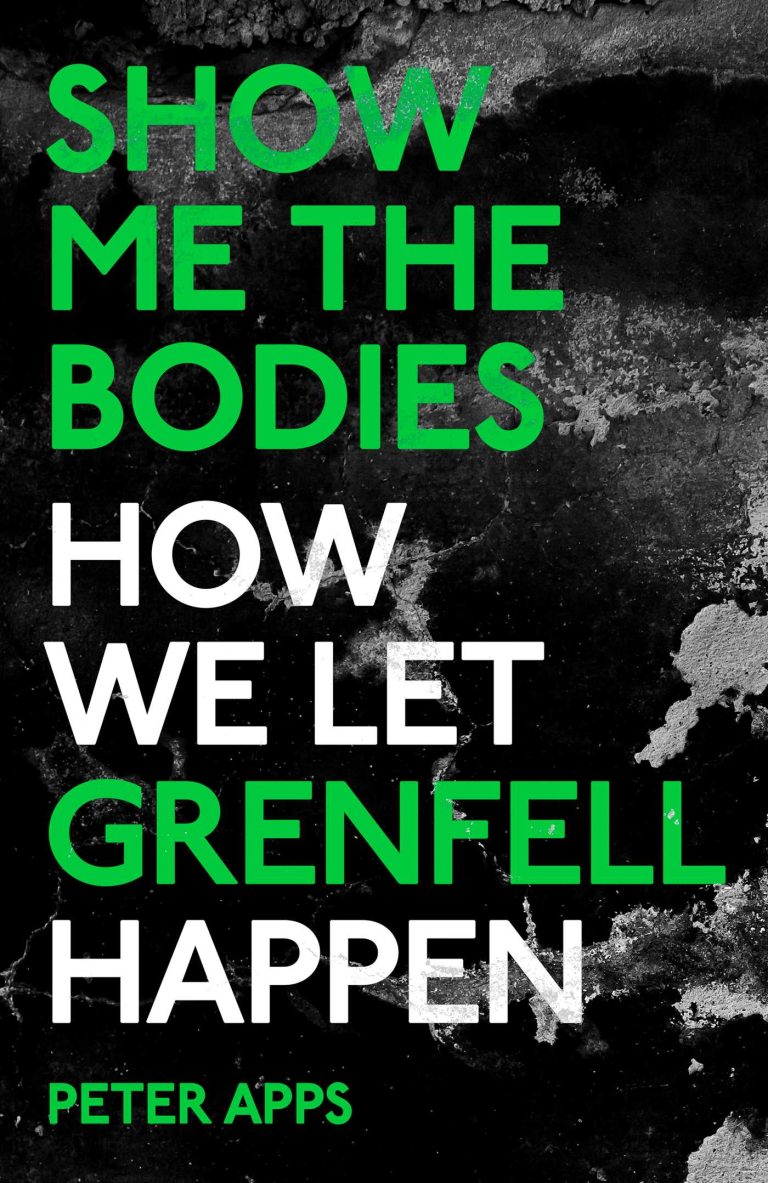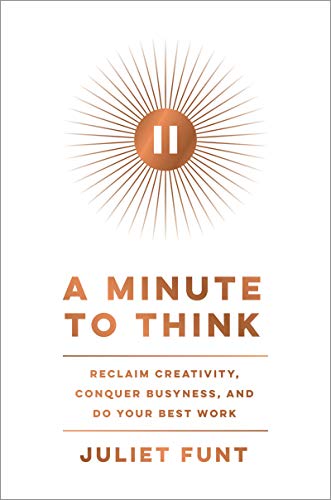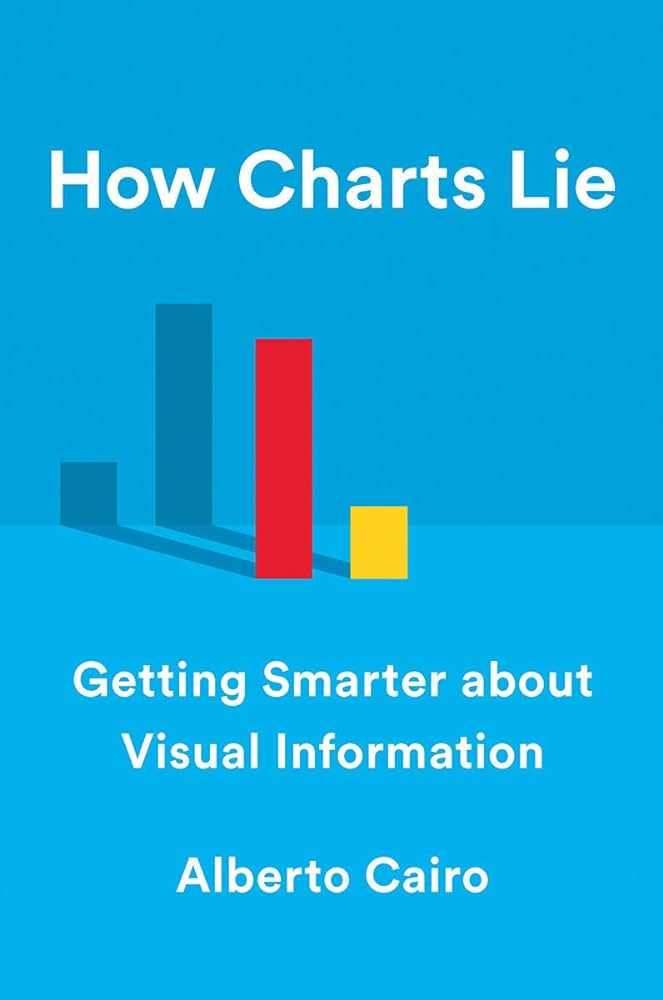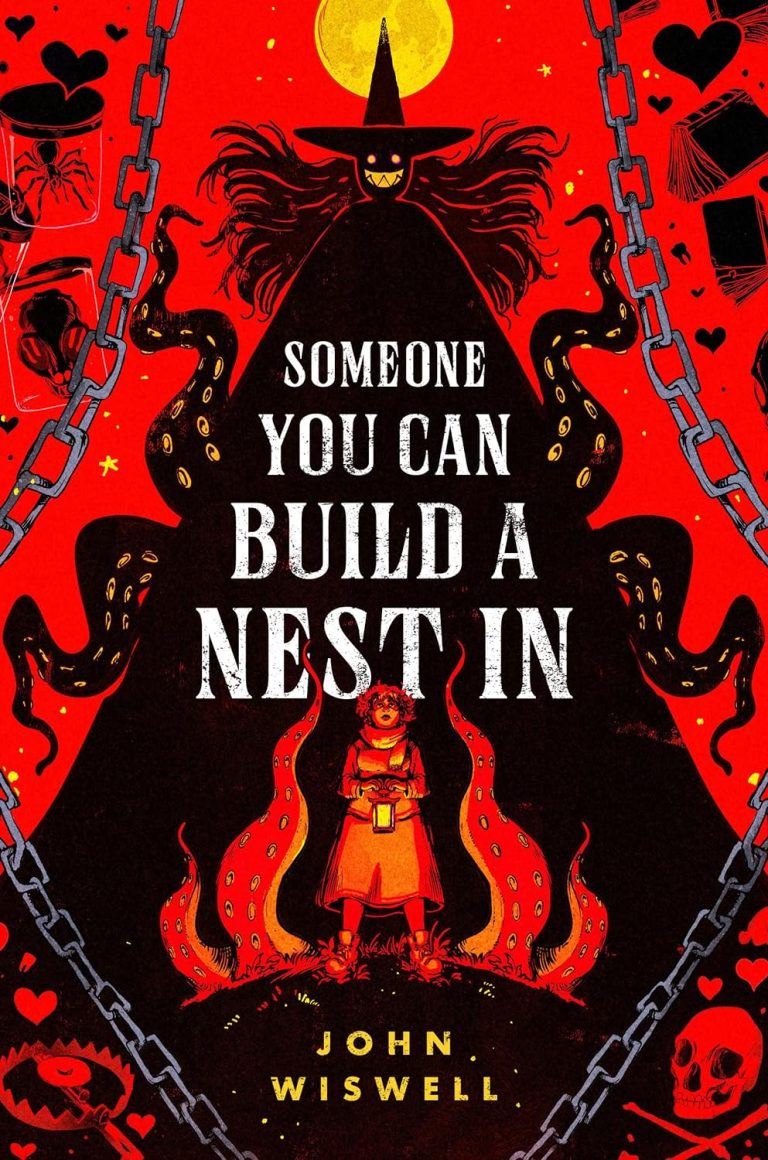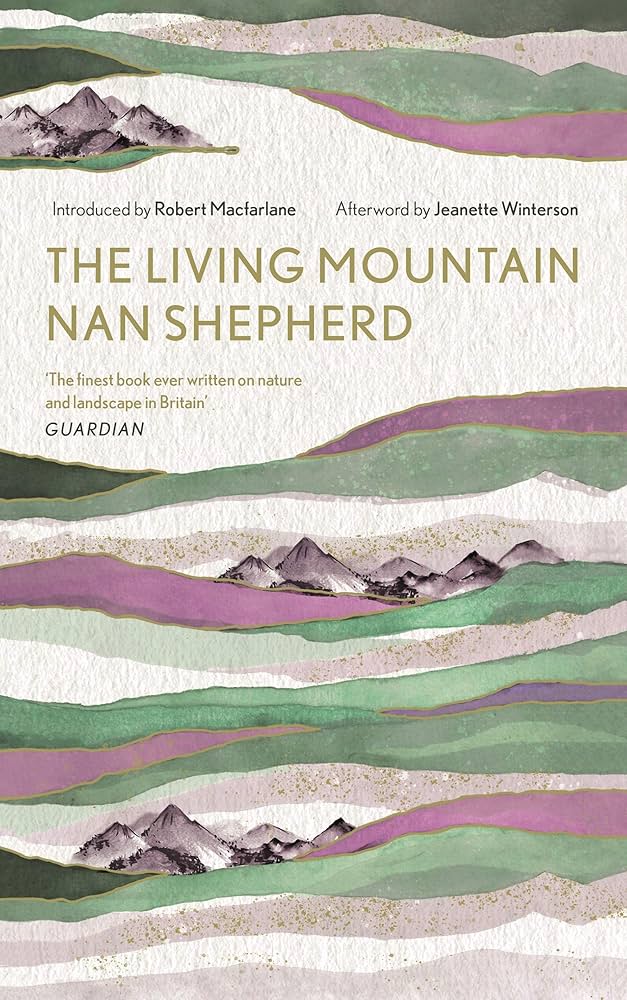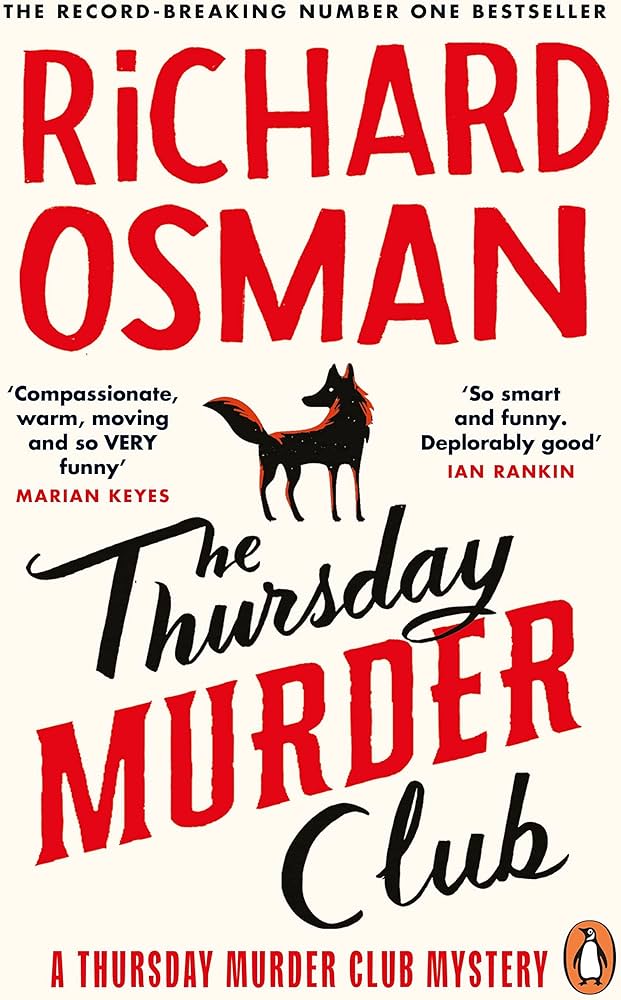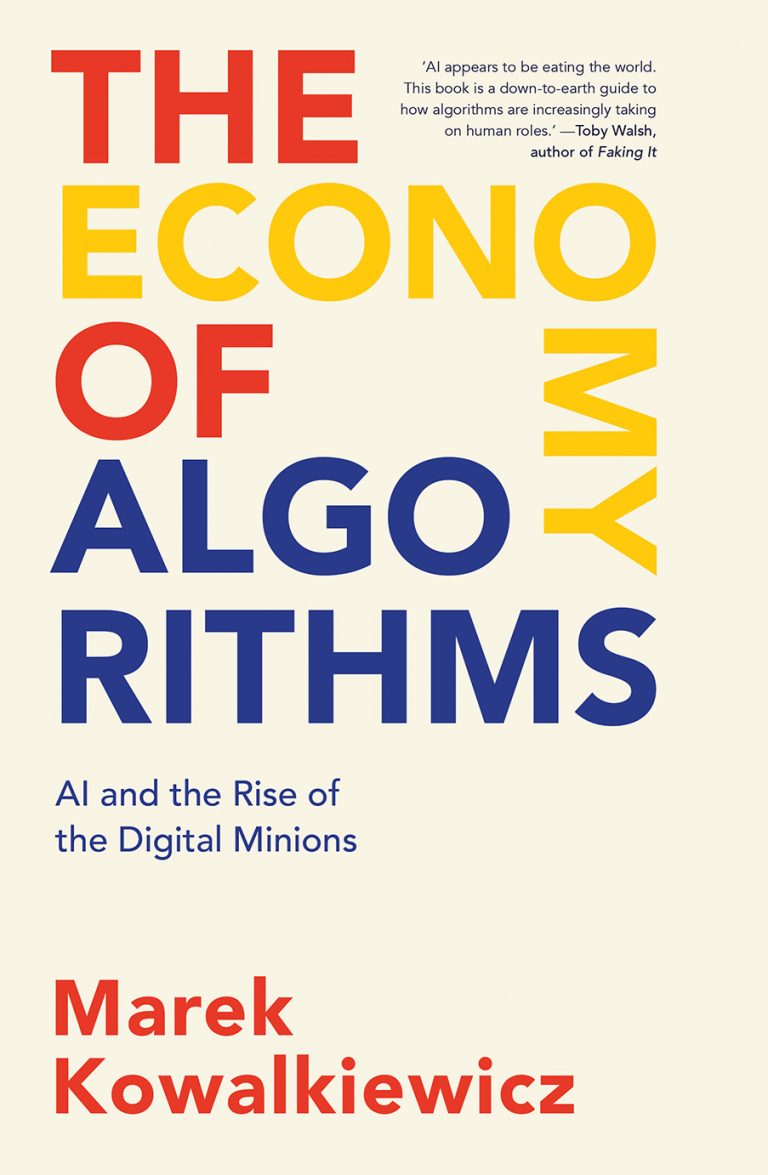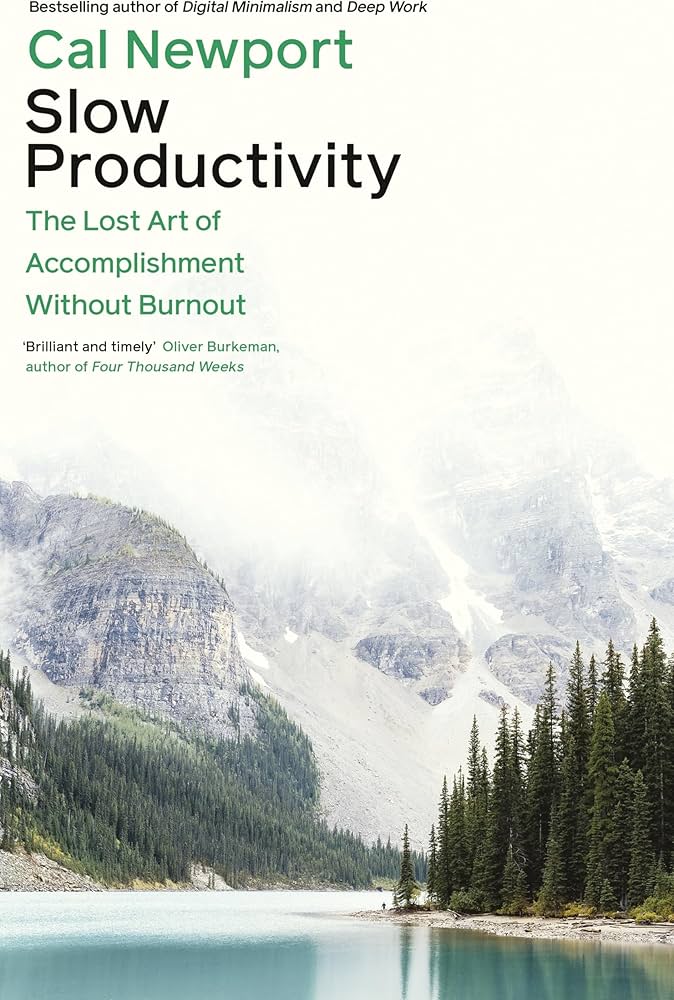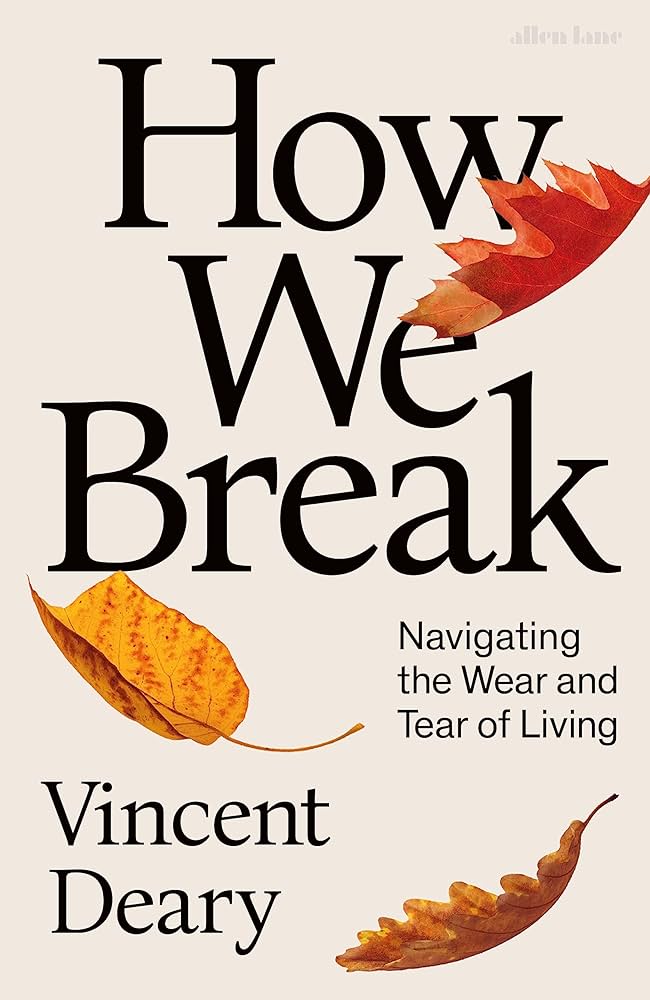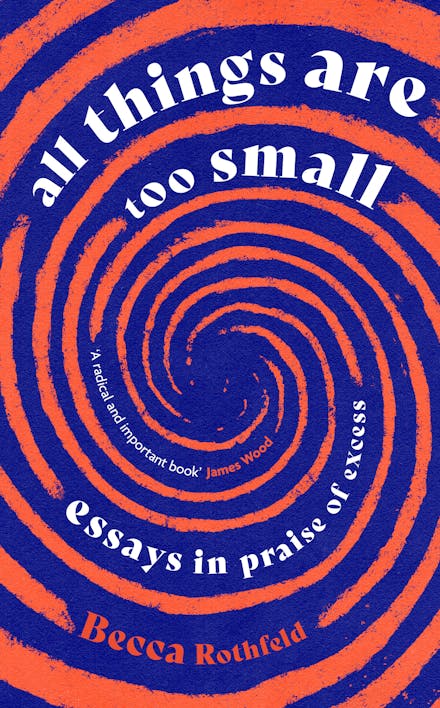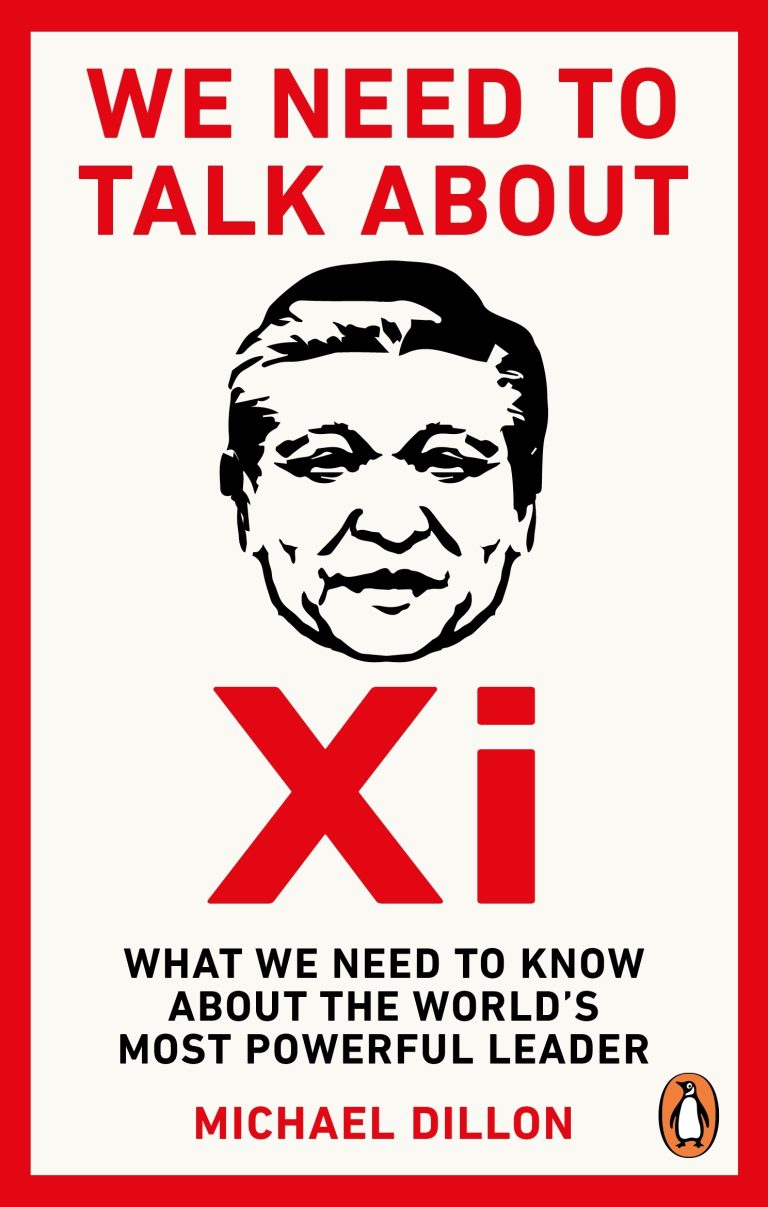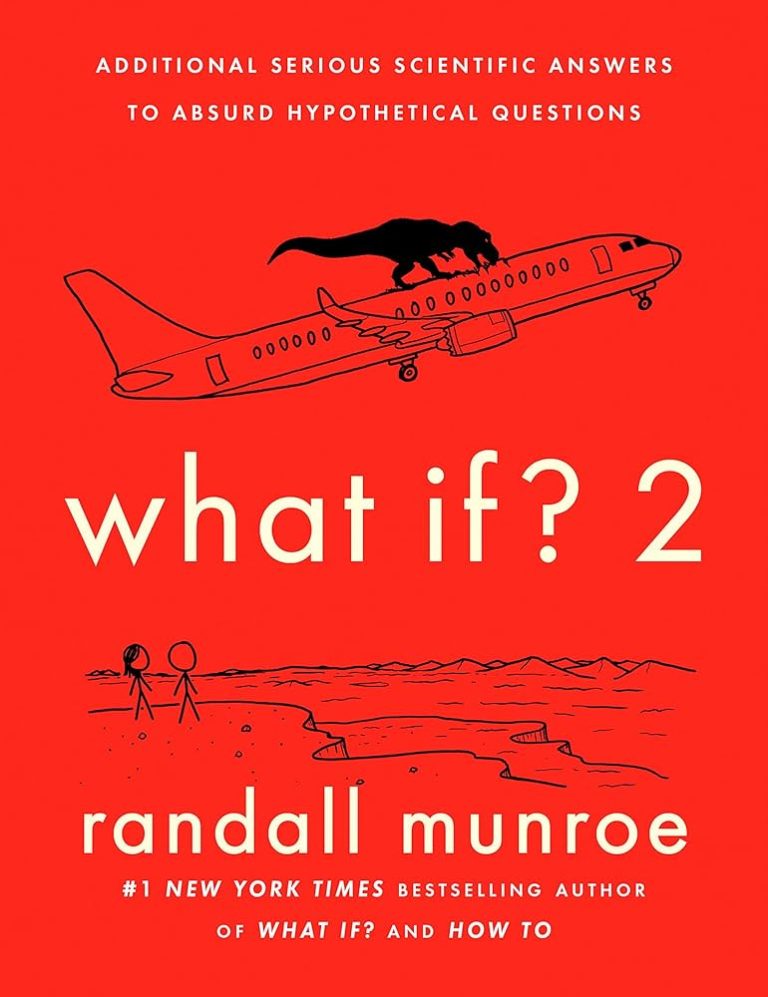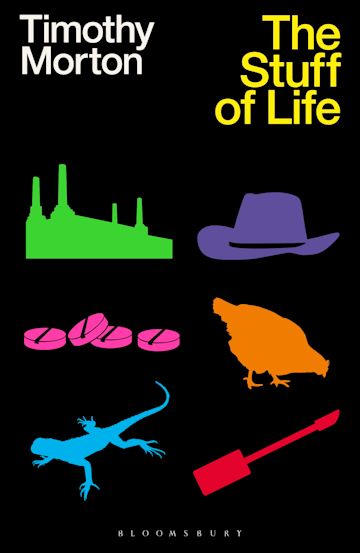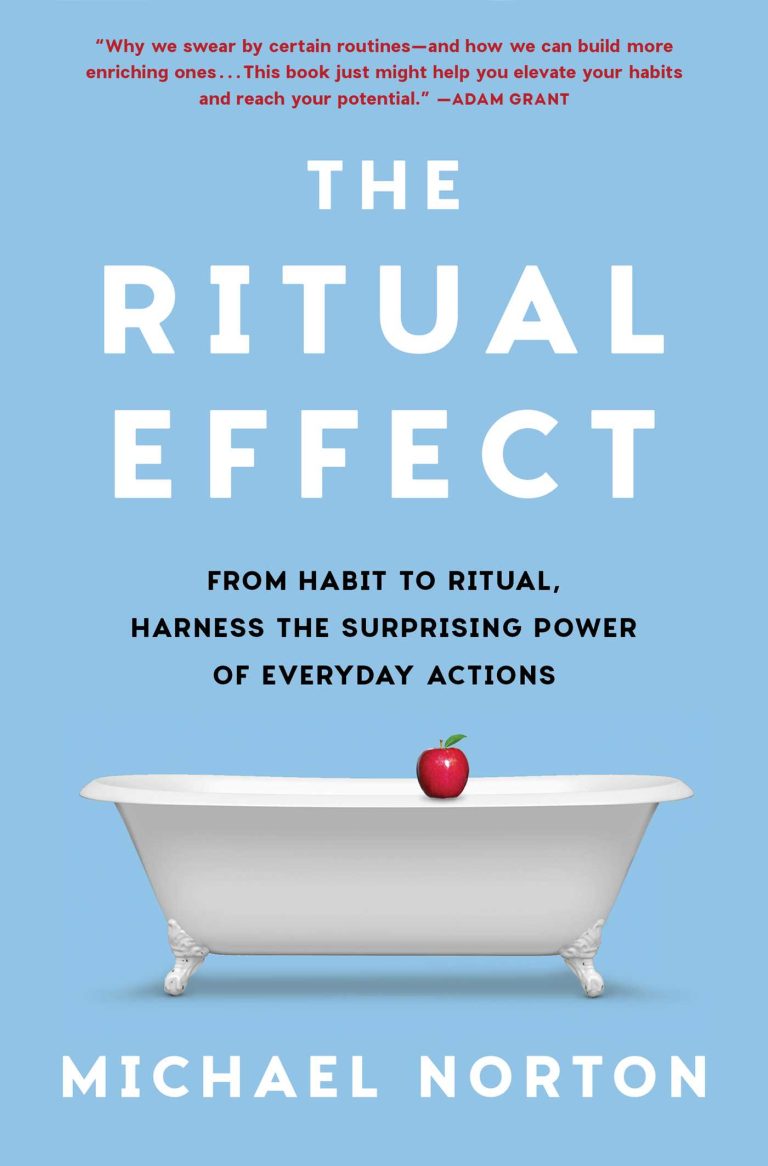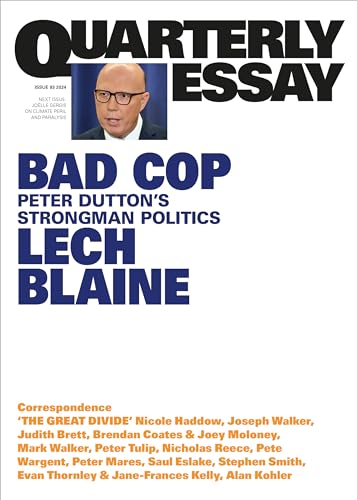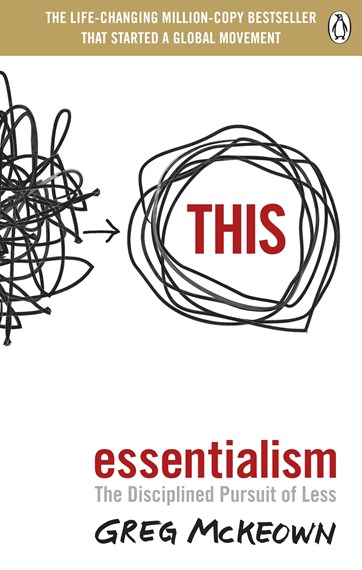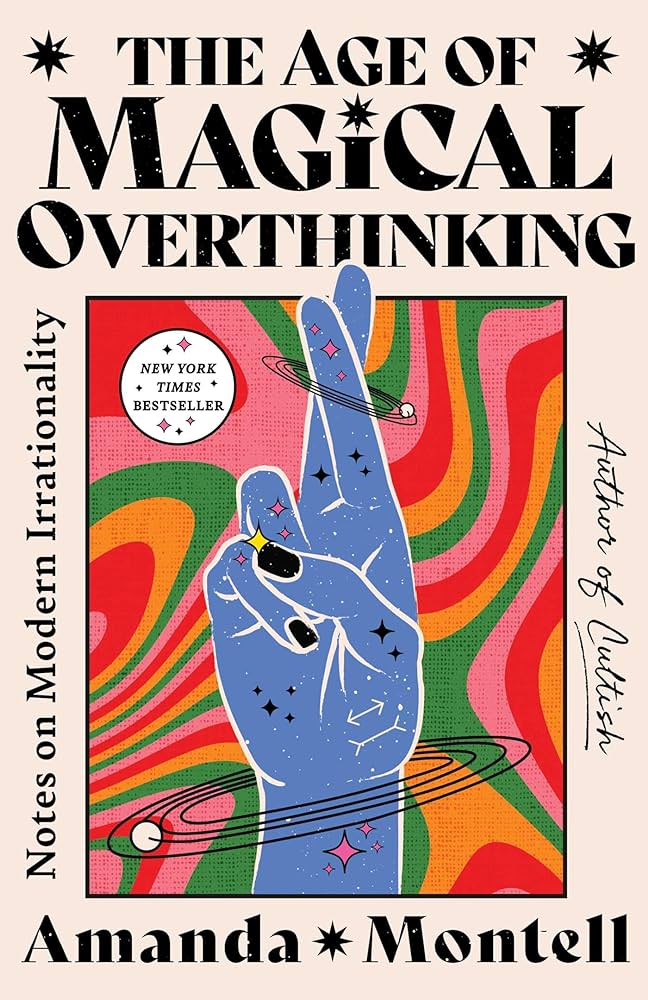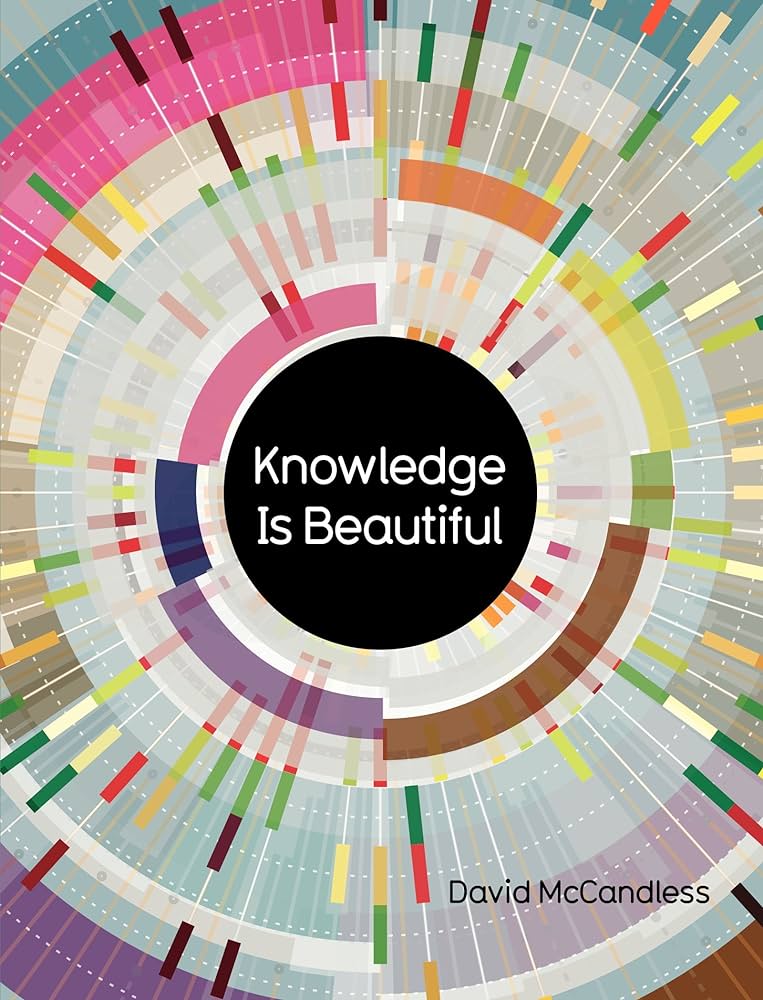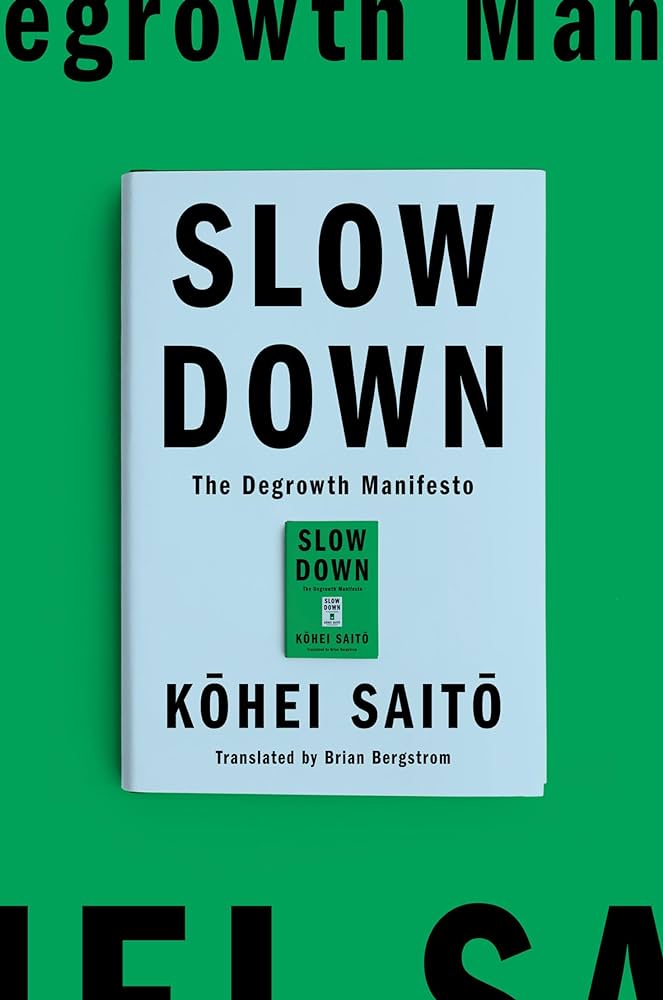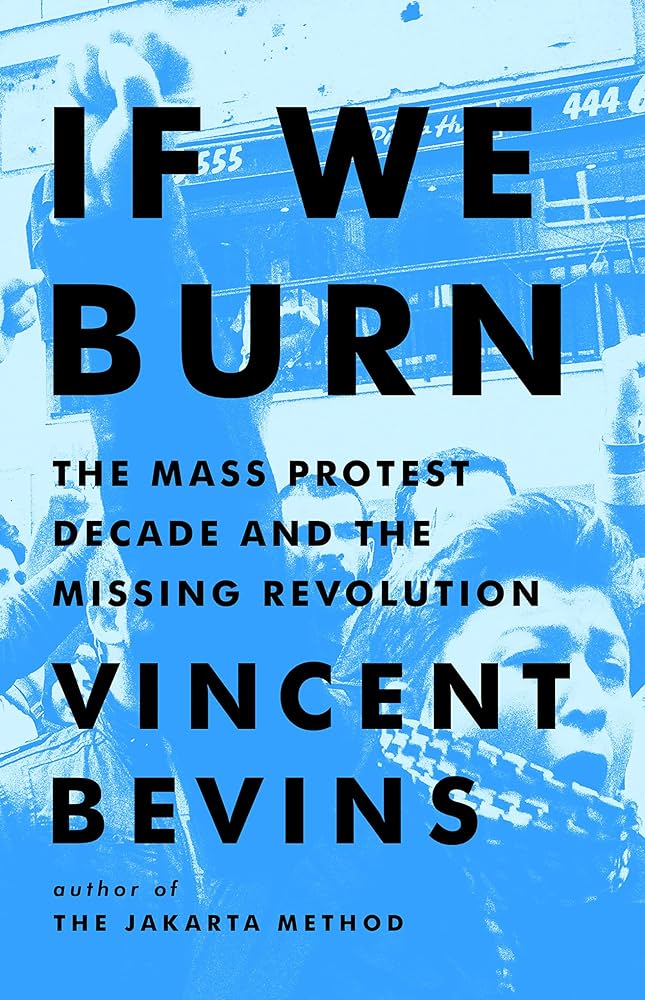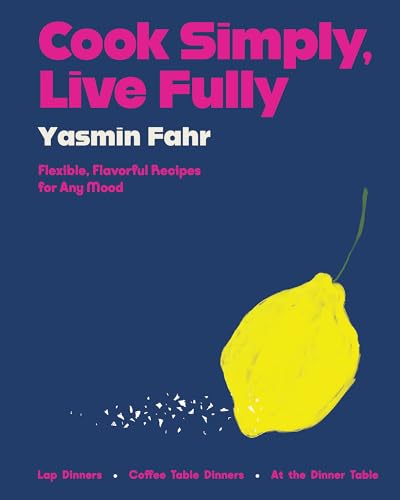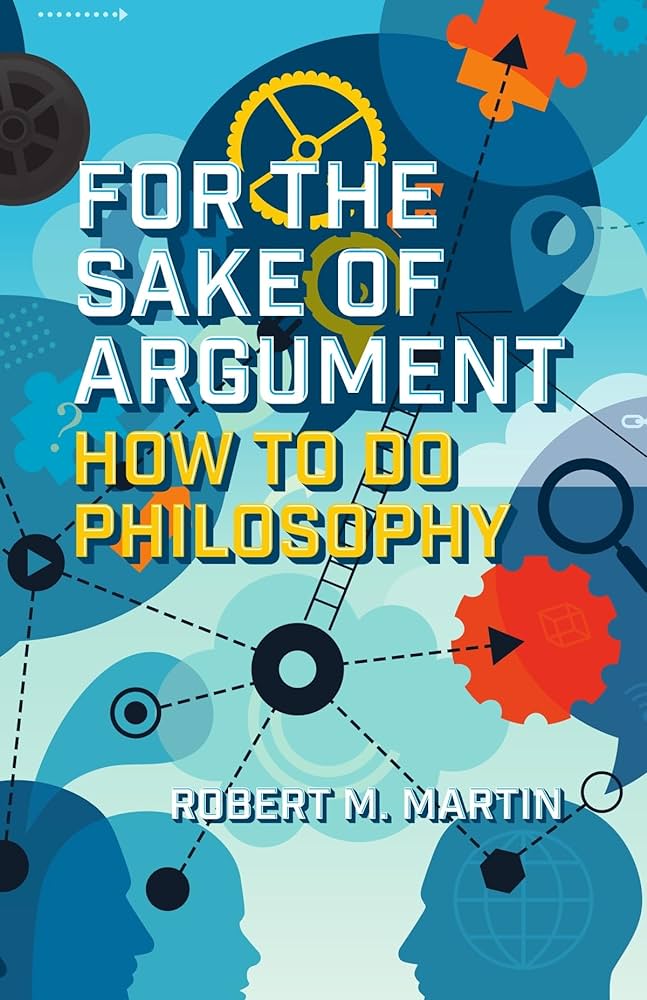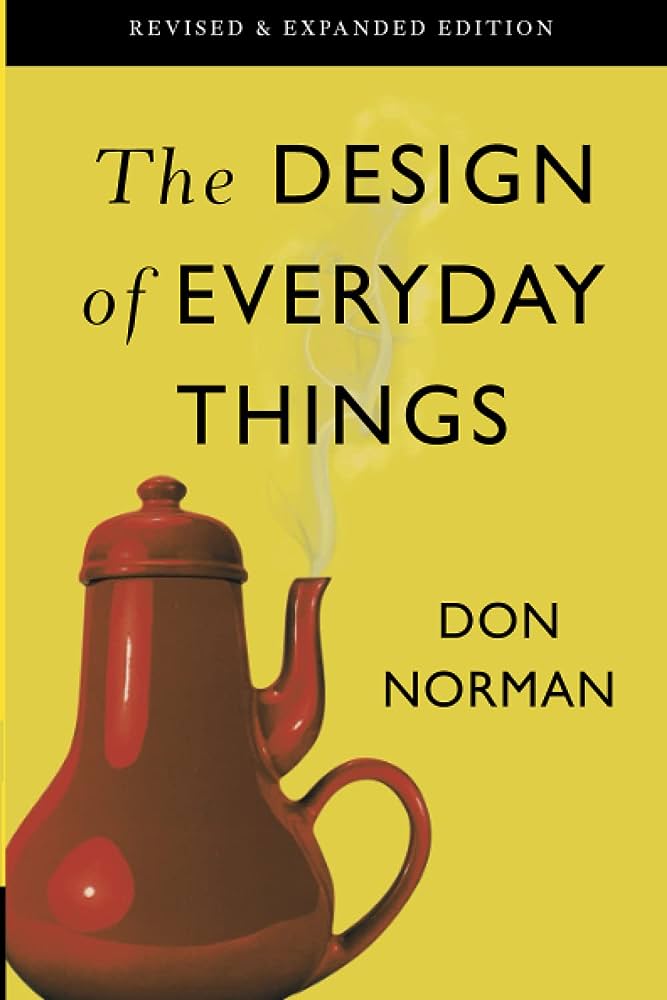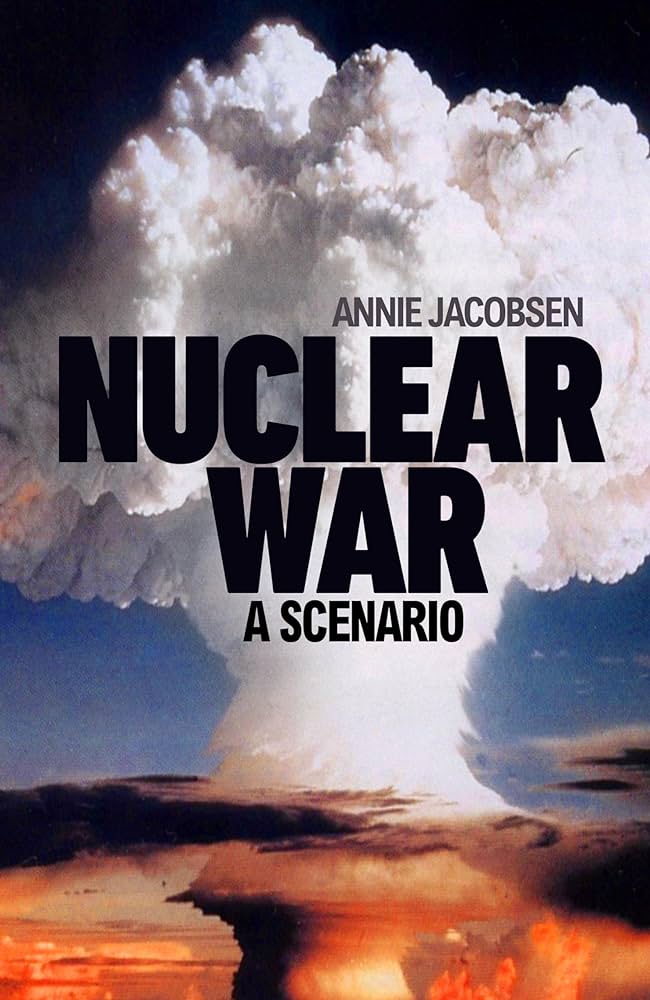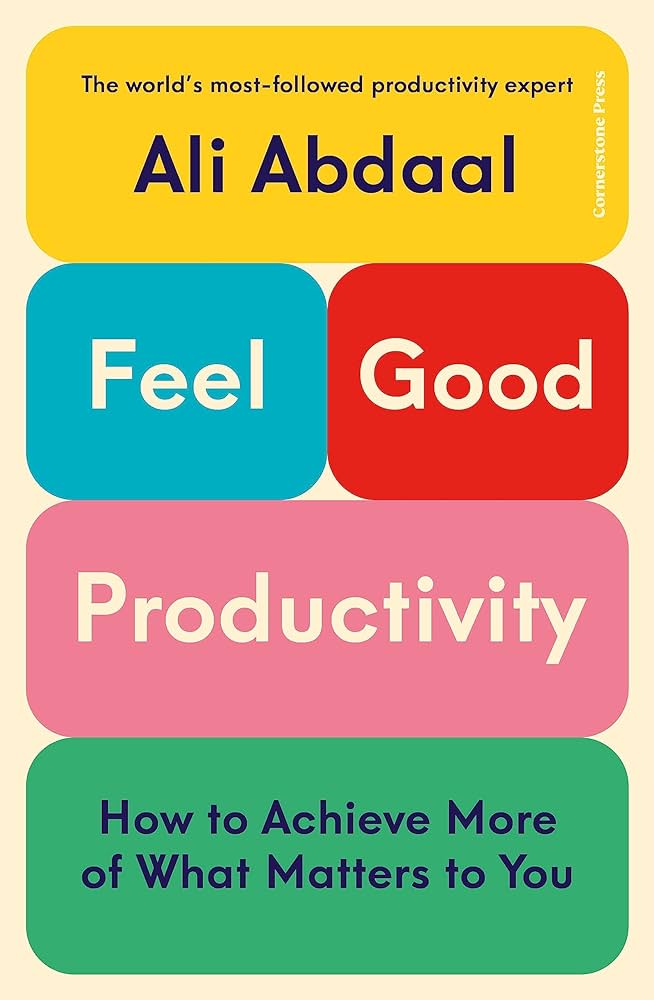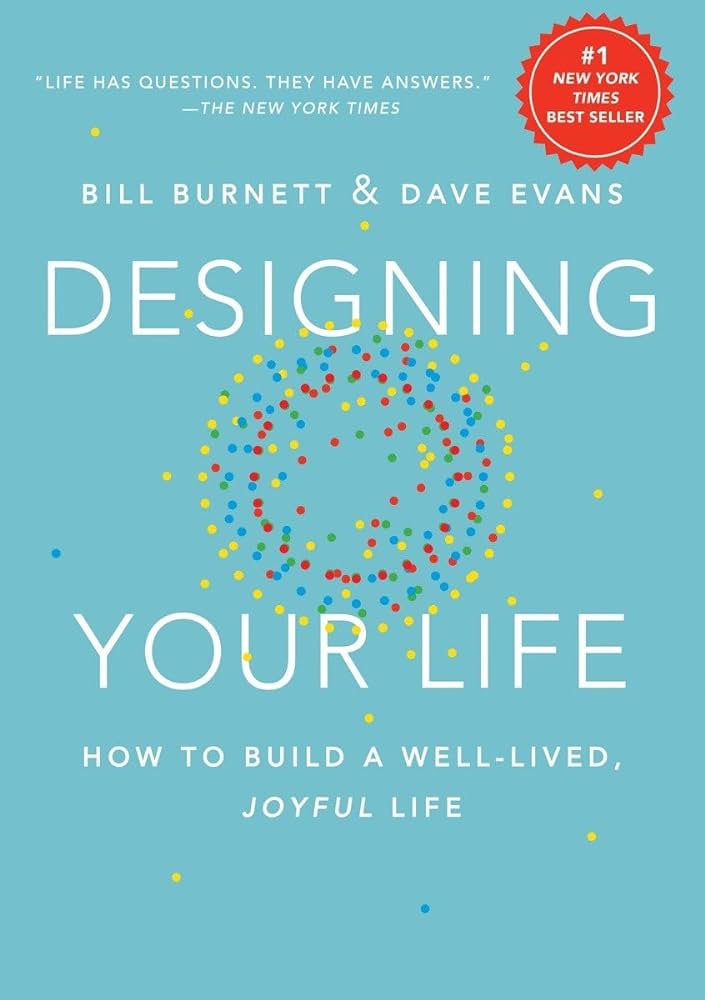A stunning and vital piece of journalism. The sheer failure of the state to protect its citizens is appalling, as is the indifference shown to the victims and survivors. Shame on the UK gov, the council in question and all those who sought profit over safety.
Book
A Minute to Think, Juliet Funt
Superficial and breezy, but I’m inclined to be generous given how valuable and important the underlying message is.
How Charts Lie, Alberto Cario
Nothing brilliant but a fine recapitulation around charts and how they can lie, cheat, steal etc.
The Living Mountain, Nan Shepherd
A beautiful book; some of the finest writing on nature I’ve had the pleasure to come across. It is impossible to read this and not want to know the Scottish mountains in the same way Nan herself knew them.
The Economy of Algorithms, Marek Kowalkiewicz
A book so stunningly free of insights and critical thought as to serve as nothing more than flimsy boosterism for all things AI. Disappointing.
Help!, Oliver Burkeman
A funny and engaging book from Burkeman, whom I love deeply, although perhaps his more recent books are stronger.
Slow Productivity, Cal Newport
A book that demonstrates the very worst of this genre of popular airport bookshop non-fiction with a self help tinge. Filled with just so stories, endless examples from his own life, and an incredible contempt for both anyone who might think differently and anyone without Newport’s immense privilege. Contemptible.
How We Break, Vincent Deary
A wise and beautiful book from Deary—his voice and prose was lovely, and the book’s thoughtful and kind exploration of our natural fragility to be deeply necessary.
Butter, Yuzuki Asako
A thrilling mix of food, gender and identity politics, Japanese culture, and self growth. A longer read, but golly, one I enjoyed every page of.
All Things Are Too Small, Becca Rothfeld
One of the best essay collections I’ve read. Rothfeld’s writing is incredible and compelling. The central thesis of the book is one that I found provocative and compelling and has be considering my relationship with minimalism. I will say, though, the essay on mindfulness and meditation felt substantial worse than the others, and Rothfeld herself commits many of the things she later criticises of other authors in her essay on consent. Still, highly recommended.
We Need to Talk about Xi, Michael Dillon
Slight. Not much more illuminating than Xi’s wikipedia article.
The Stuff of Life, Timothy Morton
A beautiful and meaningful collection of essays. There is a magic to Morton’s writing.
The Ritual Effect, Michael Norton
An incredibly thin book with little useful or applicable advice or ideas. If you’ve read any pop-psych or self-improvement type books you’ve come across 90% of this book before. It’s the same tired mix of personal anecdotes, the same handful of studies (the marshmallow test! skinner box! etc) and the same attempt to stretch out quite a thin premise over a few hundred pages. A real shame that it comes across as vacuous as a ted talk.
Bad Cop, Lech Blaine
Blaine sets out the curious case of Peter Dutton; a person seemingly motivated by hate and fear more than anything else. A politician who has frightening implications for the state of Australia’s political system.
No Judgement, Lauren Oyler
These ponderous, meandering, often intentionally obtuse essays remind me of some of my own writing: far too long, far too pretentious and ultimately quite enervating for the reader. My fear is that I am Lauren Oyler, or perhaps Lauren Oyler is all of us.
Essentialism, Greg McKeown
Thin and repetitious but valuable. I’d prefer it not have had such a focus on BUSINESS. I’d also have preferred it not to have such a trite and extensive use of quotes, which gave it a sophomoric quality. I also passionately dislike the cover, and it hurts me to have to use it here.
The Age of Magical Overthinking, Amanda Montell
Montell is a great writer, but I found the book heavy on anecdote, memoir and pop culture and light on things I have not read or heard before. It would have been interesting to tease out some of the complications and nuances of these cognitive biases.
Knowledge is Beautiful, David McCandless
These are, objectively, mostly awfully over the top and not terribly useful ways of presenting information. They are presentations of ideas with the design setting turned up to 11. Which is to say I loved every moment with this book.
Slow Down, Saitō Kōhei
A clarion call about the incompatibility if not out right impossibility of fighting climate change within existing capitalist frameworks. The bits of the books that were concerned with establishing whether or not Marx was an advocate for green degrowth were pretty dull and I thought unnecessary to the broader point that Saito makes.
Dune, Frank Herbert
As a big fan of the recent films I wasn’t sure what to expected by going back to the original source. In short, my eyes have turned deepest, darkest blue and I yearn to ride a Maker. I loved the book.
If We Burn, Vincent Bevins
A fascinating history of recent mass protests, however I wished the analysis about implications had been more substantial.
Cook Simply, Live Fully, Yasmin Fahr
Some memorable and interesting recipes, but REALLY A LOT OF CHICKEN RECIPES.
For the Sake of Argument, Robert M. Martin
Some interesting ideas but on the whole disjointed and meandering.
The Design of Everyday Things, Don Norman
Another review helped me understand this book; while it might seem repetitive when read in 2024, for its time it was revolutionary. It’s a pity we are still fighting a war on bad design and, worse, blaming humans and not bad design.
Nuclear War, Annie Jacobsen
Heck, this was a grim, grim, grim compelling read. A necessary reminder about the irredeemable evil of nuclear weapons and how quickly life as we know it could be over because of these evil weapons.
Feel-Good Productivity, Ali Abdaal
I’ve long been suspicious of Abdaal’s role in promoting hustle culture, and so I went into this book with great scepticism. Happily he preaches a somewhat different message in the book from the stuff in his youtube content. Unhappily, it’s shallow and largely unoriginal messages. I cannot help but feel the same book from an author without his fan base would not have been published.
Designing Your Life, Bill Burnett and Dave Evans
This was definitely better than their work-focussed book and so I wish I had just read this. I think the value of design thinking is powerful and I hope some form of it is being taught to kids today. For those of us coming to the concept later in life, books like these are helpful.
